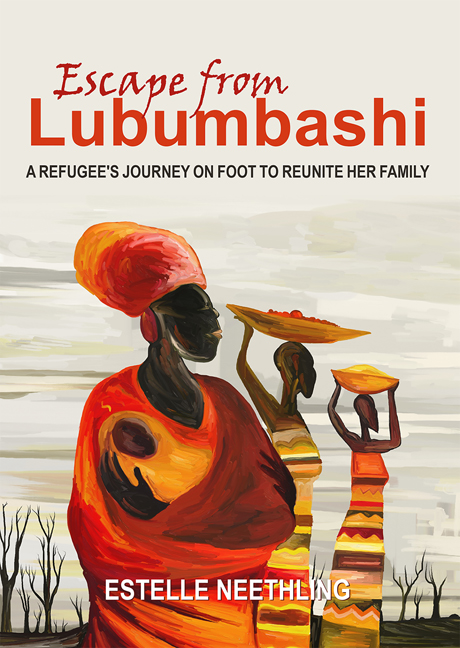15 - Refugee life in Cape Town post 2008
Summary
In the wake of the closing of the camps or safety shelters, refugees and asylum seekers who couldn't return to their countries of origin for safety reasons were expected to reintegrate into the communities after the worst violence had abated.
But Adolphine found that, after 2008, coloured people, who had previously been fairly accepting of the “otherness” of foreigners, were under pressure to become xenophobic as well. The xenophobes’ gripe was that this group of people was “hiding” them. We are not getting services from the government, therefore we will attack you, was their argument. As a result of these threats, fear infused the areas where the coloured communities lived. Therefore there was no end to the continuum of animosity – not as overt as before, but smouldering nonetheless – and most refugees and migrants who could afford it gravitated towards the suburbs where more diversity and enlightened attitudes were to be found.
For Adolphine and her family peace became a pipedream as xenophobia cut a swath across the psyche of this nation. Her view of the xenophobic violence was that government exercised a great deal of power through the community leaders in the areas where foreigners were living. “People were divided: some said these are our brothers, others spread rumours against the foreigners. We say we are ‘developed’ in South Africa, but the people in authority cannot handle the poorest of the poor. They are crying for jobs. People are right to criticise authority. When the local people don't have houses, they blame the foreigners. Whenever the government talks about integration, people in the local communities say ‘we have our own problems’. Mostly they react through violence. There is such a lack of knowledge; that is the poorest thing in humanity. Even if you don't have a job, knowledge is like power, a bonus. It makes a positive life possible. My fellow African people should stand together with us. To be understood and embraced by the communities within which I live and move, will make it possible for me to feel part of society. When I see someone who needs help, I help. To make a contribution is how I feel at home. I don't want to be judged for how I look, how I speak, or where I come from.”
- Type
- Chapter
- Information
- Escape from LubumbashiA Refugee's Journey on Foot to Reunite her Family, pp. 86 - 91Publisher: University of South AfricaPrint publication year: 2021



